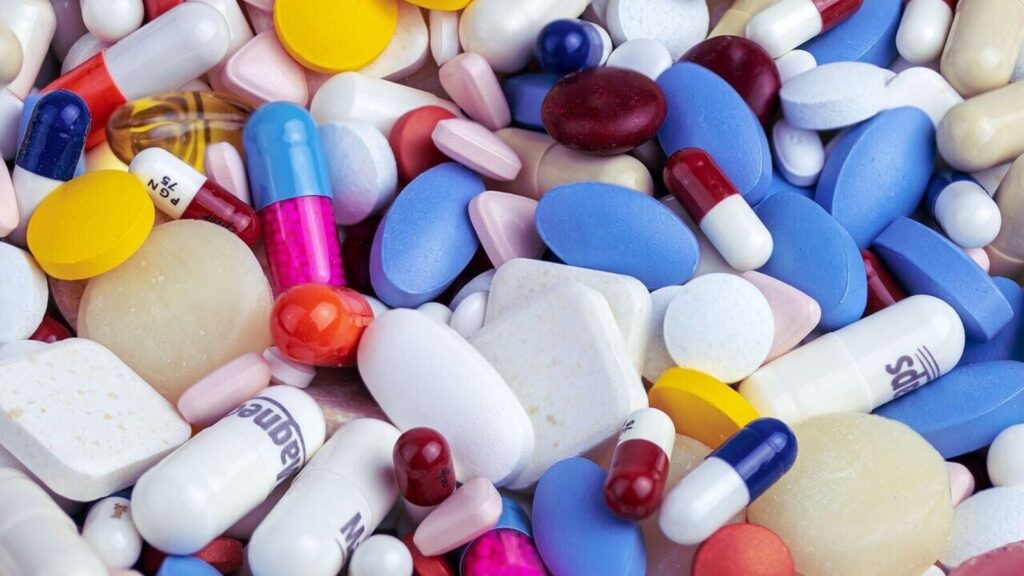Local to global: 14 nations keen to adopt India’s generic pharmacy model

New Delhi: Inspired by India’s efforts to make affordable medicines accessible to the public, 14 countries from the Global South, including Taliban-ruled Afghanistan, are considering adopting India’s generic pharmacy model, according to two people familiar with the development.
While 11 countries, including Nepal, Sri Lanka, Bhutan, Ghana, Suriname, Nicaragua, Mozambique, and the Solomon Islands, have recognized Indian standards for drugs and medicines, Burkina Faso, Fiji Islands, and Saint Kitts and Nevis are already in talks with the Indian government to help them replicate the scheme, known as Pradhan Mantri Bharatiya Janaushadhi Pariyojana (PMBJP).
This initiative will also facilitate the export of generic medicines manufactured by Indian companies to these nations, Ravi Dadhich, chief executive officer of the Pharmaceutical and Medical Device Bureau of India, the scheme’s implementing agency, told Mint.
Nations interested in the initiative will outline their specific needs from PMBJP’s portfolio, which will be coordinated through HLL Lifecare Ltd and the ministry of external affairs to facilitate exports, Dadhich added. The government has selected state-owned HLL because of its past experience in facilitating the export of medicines to various nations.
Quality and safety
A key step in international adoption involves recognizing the Indian Pharmacopoeia, a set of standards that govern the quality and safety of medicines produced in India. The Indian Pharmacopoeia, regulated by the Indian Pharmacopoeia Commission (IPC), is instrumental in ensuring the quality of drugs and is legally enforceable under India’s Drugs and Cosmetics Act of 1940.
“As part of the global expansion of Pradhan Mantri Bhartiya Janaushadhi Pariyojana (PMBJP), the Indian government made presentation to ambassadors of 91 countries on the benefits of Janaushadhi medicines,” Dadhich said.
Delegates from Burkina Faso, Fiji Islands, Saint Kitts and Nevis have recently visited the PMBI head office, central warehouse, and Jan Aushadhi Kendras or pharmacies to explore ways to implement the scheme in their respective nations, he added.
Queries emailed to the spokespersons of the ministry of external affairs and the embassies of the 14 countries in New Delhi remained unanswered.
India’s first International Janaushadhi Kendra was established in Mauritius in July, offering a range of essential medicines, including cardiovascular, analgesic, ophthalmic, and anti-allergic drugs.
This development underscores India’s commitment to supporting the Global South with affordable healthcare solutions and also adds heft to India’s position among countries in the region.
Launched in 2008, the PMBJP programme has 12,000 Janaushadhi Kendras across India. The Pharmaceutical and Medical Device Bureau of India plans to expand these generic drug stores to 25,000 by 2026.
On 17 August, India hosted the third Voice of Global South Summit, with participation from 123 countries. “The Summit represented a continuity in the Global South’s focus on strengthening collective efforts in addressing the challenges it faced in the current international environment,” the ministry of external affairs said in a statement.
Catch all the Industry News, Banking News and Updates on Live Mint. Download The Mint News App to get Daily Market Updates.
MoreLess








